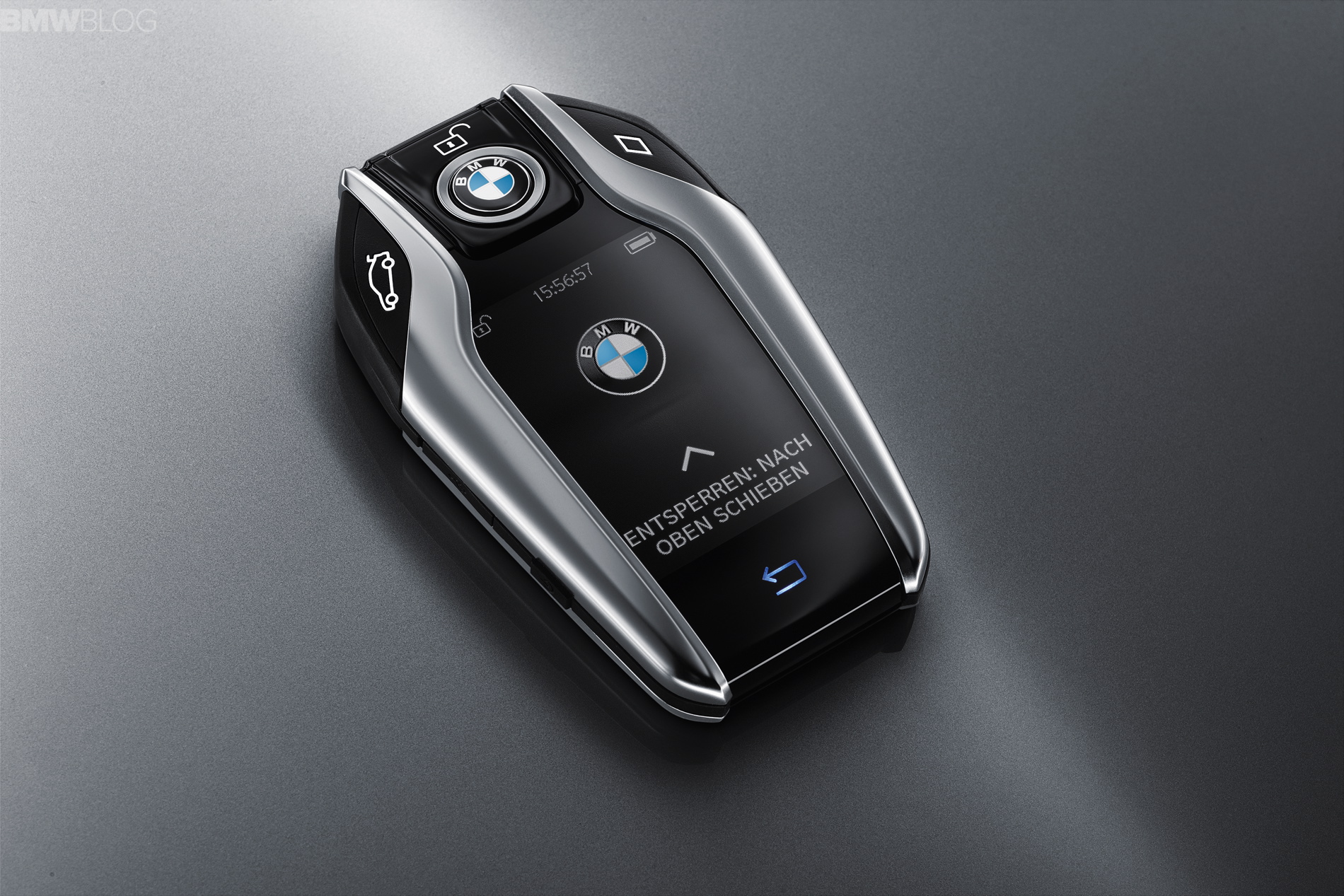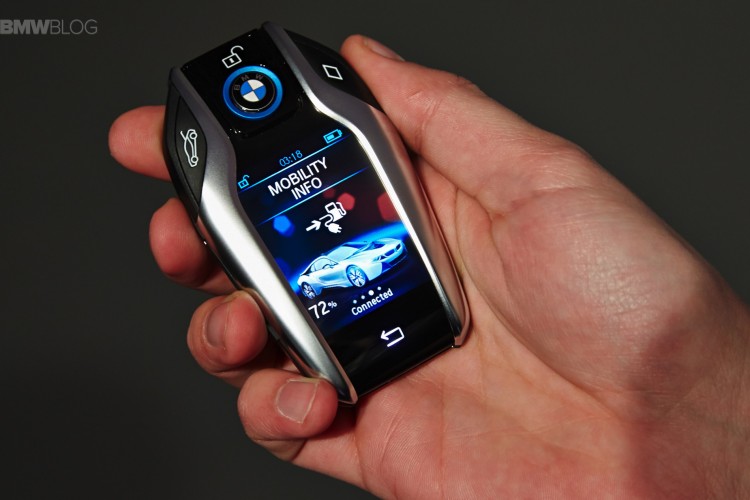More than 70 companies, including the likes of Apple, LG, Samsung, Panasonic, Audi, GM, BMW, Hyundai, NXP, Qualcomm, and Volkswagen, have joined hands under the Car Connectivity Consortium to create the Digital Key standard, which is a specification that aims to let you securely unlock and start your vehicle across car and mobile device brands.
The Release 1.0 specification provides a generalized deployment method that allows vehicle OEMs to securely transfer a digital key implementation to a smart device, using an existing Trusted Service Manager (TSM) infrastructure. By leveraging NFC distance bounding and a direct link to the secure element of the device, CCC is assuring the highest state-of-the-art security level for vehicle access.
Car manufacturers will use an existing trusted system to send the digital key to your phone, which uses close-range NFC to grant access to your ride. You can’t just unlock your car from inside your home, then, but this would also force would-be thieves to be physically present with your phone when trying to unlock your car.
Targeted for completion in Q1 2019, Release 2.0 will provide a standardized authentication protocol between the vehicle and smart device. By joining forces, Release 2.0 will deliver a fully scalable solution to reduce development costs for adopters and ensure interoperability between different smart devices and vehicles.
BMW is currently offering a Digital Display Key for several models. Besides all the convenience functions of a remote key – unlocking, locking and failsafe identification of the key for starting the vehicle – this key fob also shows vehicle status displays on a 2.2-inch LCD screen. The display provides information on the fuel level, for instance, or the battery electric range. Swiping the touchscreen with the same gestures used to control a smartphone opens up submenus, which show whether the doors and windows are locked or a service is due, for example.
Here is the latest Display Key from BMW:






































































